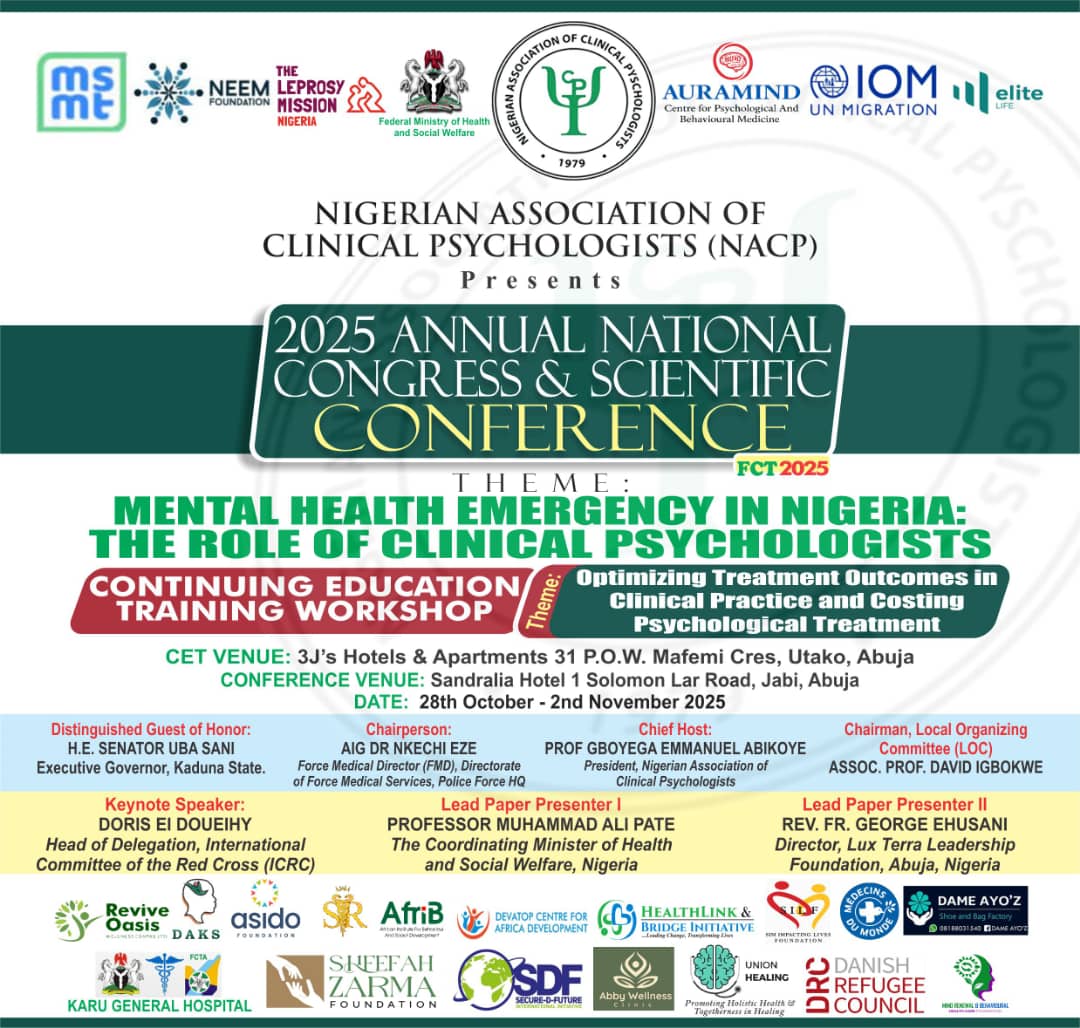
Anietie Udoh, Marketing Director at Marketing Edge Publication, has called on Nigerian brands to shift their marketing strategy toward creative collaboration with content creators, describing them as the “new creative department” in the $250 billion global creative economy.
Speaking at a media parley held recently in Lagos, Udoh said the global marketing landscape has undergone a dramatic transformation, with digital creators skit comedians, food vloggers, tech reviewers, and comic influencers leading the charge in shaping brand perception and cultural relevance.
“Gone are the days when marketing success was defined by the number of celebrities a brand could parade,” Udoh said. “Today, the spotlight is shifting to content creators and everyday Nigerians who’ve built loyal digital communities and wield extraordinary influence.”
He argued that millennials and Gen Z consumers have grown disillusioned with conventional celebrity endorsements, now favouring authenticity, relatability, and storytelling over glamour.
From Billboards to Co-Creation
Udoh warned brands against treating creators as mere “digital billboards” by offering them pre-written scripts or flyers to post online.
“That’s not how it works anymore,” he said. “The most impactful campaigns now involve creators from the ideation stage. It’s about letting them bring their voice and storytelling skills into the brand narrative.”
He urged marketing managers to involve creators early in the campaign process, creating a two-way dialogue that leads to more meaningful and engaging content.
Real Influence, Not Just Follower Count
Dispelling the myth that influence lies solely in follower counts, Udoh said creators with as few as 5,000 followers can outperform influencers with 100,000, depending on their engagement and content relevance.
“We’ve seen student influencers in Nigeria drive real impact because their content connects,” he said. “It’s not about numbers; it’s about real influence.”
Micro-Influencers and Cultural Relevance
Udoh pointed to micro- and nano-influencers as key drivers of engagement in today’s digital landscape. He cited personalities like Mr. Macaroni, Taaooma, and Korty EO as examples of creators who go beyond the typical influencer role to shape culture and drive emotional connection with audiences.
“When they work with a brand, people want to watch the content not skip it,” he noted.
He illustrated how culturally relevant content can outperform polished ads, using the example of a tech brand partnering with a content creator who explains smartphones in Pidgin English or through relatable humour, like surviving a long Lagos-to-Benin road trip with a strong battery.
From Influencing to Innovation
In an increasingly saturated media environment, Udoh said the next frontier for forward-thinking brands is co-creating products and campaigns with influencers who have deep insights into niche communities.
“It’s no longer just about amplification. Creators are shaping messages and co-developing products. Brands that fail to recognise this shift will be left behind.”
Final Word: “Respect Creators”
Udoh concluded by urging Nigerian marketing professionals to treat content creators as creative partners, not contractors.
“The creator economy is not a passing trend. It’s the future. If you want relevance today, creators aren’t optional they’re essential.”
As brands race to win over younger, digitally native audiences, Udoh’s message is clear: creators are no longer the add-on they’re the engine.



